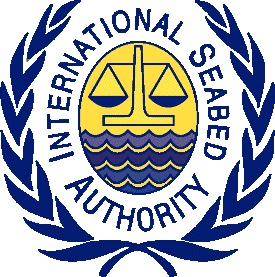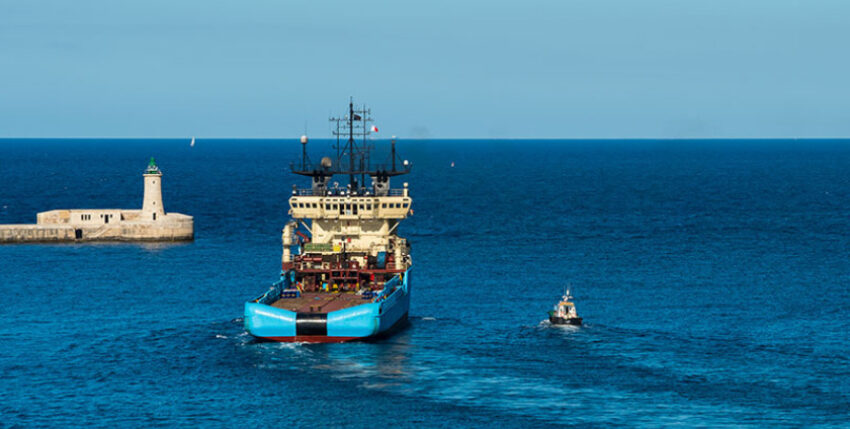Battery manufacturers urgently need cobalt, nickel and other metals to meet the growing consumer demand for electric cars. Resistance to the mining of minerals from the seabed is now growing in many places.
The deep sea harbours the world's largest estimated mineral deposits, potentially worth trillions of dollars. Yet in recent weeks, Chile, Fiji, Palau and other countries have called for a moratorium on marine mineral extraction until there is a better understanding of the ecological consequences of destroying little-studied and unique deep-sea ecosystems that play an undetermined role in the global climate. At the United Nations Ocean Conference in Lisbon, Portugal, in June, French President Emmanuel Macron spoke out against the extraction of minerals from the seabed.
The UN member states must "create the legal framework to stop deep-sea mining and not allow any new activities that endanger these ecosystems", said Macron on the sidelines of the conference on 30 June.

The comments are notable, according to observers, because these countries are members of the International Seabed Authority (ISA, based in Kingston, Jamaica), the UN organisation set up to regulate deep-sea mining. Three of the countries - Chile, Fiji and France - sit on the ISA Council, the organisation's 36-nation policy-making body, which is meeting in Kingston, Jamaica, over the next two weeks to negotiate regulations that could allow mining to begin as early as 2024.
Google and car manufacturers BMW, Renault, Volkswagen and Volvo have pledged not to use deep-sea metals for the time being, and 623 marine scientists and policy experts have signed a petition calling for a pause in the mining of metals from the seabed.
The ISA consists of 167 member states and the European Union.
Source. Woody, Bloomberg, gcaptain









One Response
The transition from fossil fuels to a new industrial age is a metal-intensive process. At the same time, climate targets must be met and the decarbonisation of society and industry must be achieved. The new world of technology that we need must not fail due to a lack of raw materials. If we wanted to do without the contribution of marine raw materials, the only option would be to intensify land mining, e.g. in the Amazon region, in Siberia or in Africa. The high price would be the further destruction of habitats and natural areas, in particular the destruction of forests, and thus the acceleration of climate change and migration flows. The old and new industrialised countries, including China, and their "consumerist" consumers will have to bear the responsibility. At this point at the latest, it must become clear whether the overall environmental balance of deep sea mining can be better than that of conventional land-based mining if intelligent and environmentally friendly technology is used. An objective discussion in politics, business and society is desirable in order to keep all options open and utilise this for the transformation of the economy. The Metals Company TMC, currently the leading western company in TSB, is starting with equipment tests, targeted public relations work with car and battery manufacturers and major financial institutions. Of course, these aspects are also part of a national security policy.
By the way:
Germany has acquired two licence areas for the exploration of raw materials from the UN Seabed Authority. The Federal Minister for Economic Affairs and the EU Commission are subsidising the processes and equipment.